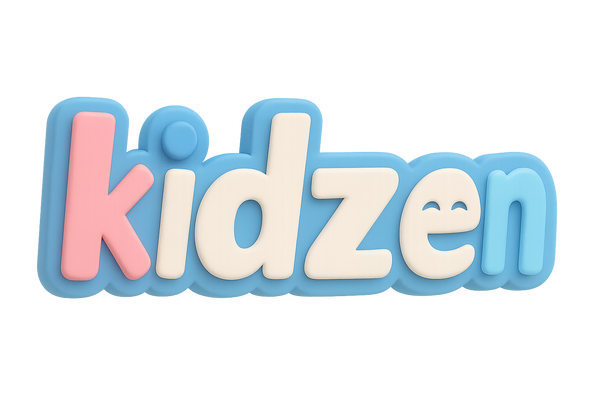
Why Costume Play is a Must for Child Development A research-backed guide for parents and educators)
Share
✨ Introduction
Costume play—also known as cosplay or dress-up—goes far beyond cute photo opportunities. It’s a rich, imaginative activity that contributes deeply to emotional development, social confidence, and cognitive growth in children. Backed by developmental psychology and educational research, costume play has earned its place as a powerful form of play-based learning.
1. Identity Exploration and Emotional Intelligence
Pretending to be someone else—whether a superhero, animal, or firefighter—allows children to explore who they are. According to a 2021 study published in Frontiers in Psychology, role-playing supports self-concept development and empathy-building by helping children see the world from another’s perspective (Goldstein, 2021).
Children begin to name emotions, react with compassion, and even process their own feelings through character-based scenarios.
2. Boosts Confidence and Reduces Social Anxiety
When children don a costume, they temporarily adopt new traits—courage, leadership, creativity. Research from the British Journal of Developmental Psychology found that costume play reduces performance anxiety and increases confidence in social or unfamiliar settings (Gronlund et al., 2020).
Children who are shy or reluctant to participate in classroom activities often become more engaged when playing a character.
3. Encourages Verbal Expression and Storytelling
Costume play is a gateway to language development. As children narrate their character’s journey or engage with peers in dramatic scenarios, they practice expressive language, vocabulary, and sequencing. According to Early Childhood Research Quarterly, pretend play enhances linguistic competence in both monolingual and multilingual children (Kirkorian et al., 2019).
4. Fosters Cooperation and Social Skills
Role-playing often involves others. Whether in duos or groups, children negotiate, cooperate, and resolve conflicts while in character. One study from Journal of Play in Adulthood observed that costume-based pretend play promotes social negotiation and emotional regulation—key competencies in early childhood development (Brookfield, 2020).
5. Sparks Creativity and Imagination
Costume play fuels divergent thinking. Children create complex worlds, invent roles, and act out imaginative situations. In doing so, they strengthen executive functions like planning and impulse control (Diamond, 2013).
Handmade costumes also build fine motor skills and problem-solving abilities, as children cut, glue, or modify outfits.
6. Stress Reduction and Emotional Comfort
Dressing up offers more than excitement—it provides a coping mechanism. Pretend play is shown to lower cortisol levels and increase feelings of joy and security. Children with anxiety may feel safer behind a mask or in a fantasy identity, according to a review by the American Academy of Pediatrics (2018).
📚 Summary Table
| Benefit | Description |
|---|---|
| 🎭 Emotional growth | Empathy, emotion naming, and expression |
| 🗣 Language development | Storytelling, expressive vocabulary |
| 🤝 Social skills | Turn-taking, cooperation, conflict resolution |
| 🧠 Cognitive ability | Planning, decision-making, creativity |
| 😊 Emotional resilience | Stress relief and self-confidence |
🪄 Final Thoughts
Encouraging costume play at home or in school doesn’t require expensive gear. A simple cape, mask, or hat can open a world of possibility. Through pretend roles, children build the social-emotional muscles they'll need for a lifetime.
